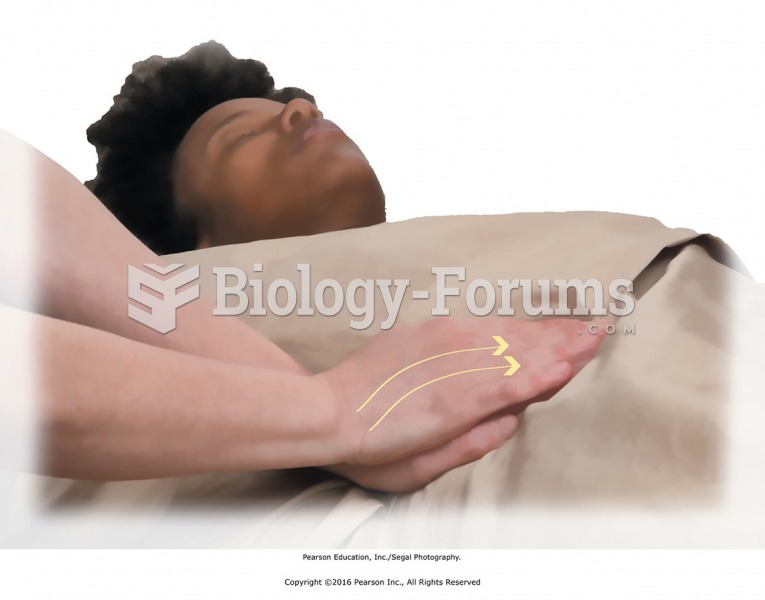|
|
|
The average human gut is home to perhaps 500 to 1,000 different species of bacteria.
Patients who have undergone chemotherapy for the treatment of cancer often complain of a lack of mental focus; memory loss; and a general diminution in abilities such as multitasking, attention span, and general mental agility.
In the United States, an estimated 50 million unnecessary antibiotics are prescribed for viral respiratory infections.
Thyroid conditions cause a higher risk of fibromyalgia and chronic fatigue syndrome.
Certain chemicals, after ingestion, can be converted by the body into cyanide. Most of these chemicals have been removed from the market, but some old nail polish remover, solvents, and plastics manufacturing solutions can contain these substances.







